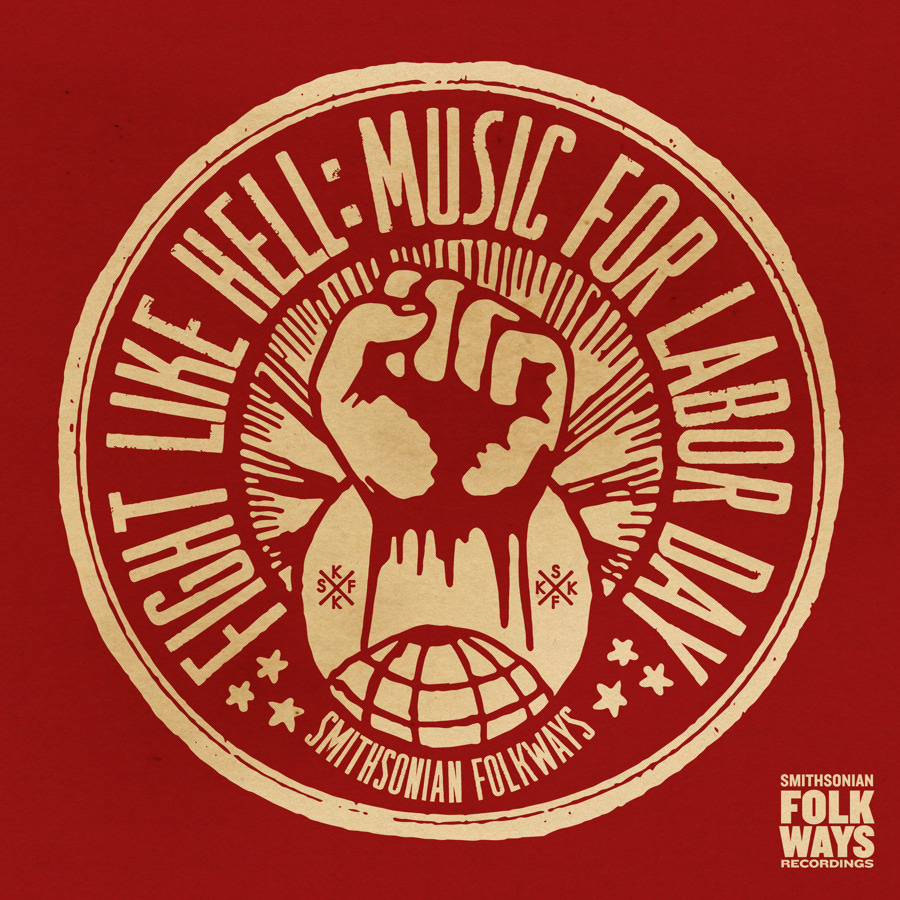Batteries Ablaze; Russian Nickel? Nyet!; Plants vs. Metal
Issue #3 of the newsletter about how the raw materials we need for renewable energy and digital technology are hurting people and the planet—and how we can do better.
Batteries Ablaze
Electric vehicles can help keep the planet from overheating—except, of course, for when their batteries burst into flames. That’s an increasingly common and sometimes deadly problem. The number of major fires reported at electronics recycling facilities in the US and Canada nearly doubled last year, reports Colin Staub at E-Scrap News. All told, recycling facilities suffer more than 5,000 fires annually, causing tens of millions of dollars in damage, largely thanks to improperly discarded lithium-ion batteries contained in everything from iPads to e-scooters to sex toys. It’s an issue that is only going to get worse, as the world produces more and more battery-powered devices every day.
Lithium-ion batteries are very touchy. If they’re punctured, crushed or overheated, they can short-circuit, catching on fire or even exploding. Things can get nasty when they do. Battery fires can reach temperatures topping 1,000 degrees and emit toxic gases. Worse, they can’t be extinguished by water or normal firefighting chemicals. Those e-conflagrations are dangerous enough inside a waste facility, but out where people actually live they often turn lethal. Blazes sparked by faulty batteries in e-bikes and other machines killed at least 18 people in New York City in 2023 alone, and killed and injured many more in other places.
That’s why you’re not supposed to chuck dead electronic gadgets in the regular trash, but rather take them to a proper e-waste recycling facility. Which we all do, right? No, of course we don’t. Unlike paper or glass, which in many places you can just leave at the curb in a blue recycling box for the city to pick up, recycling e-waste is a hassle. You need to find somewhere that will take your electronic junk and then haul it there yourself. Most people just don’t bother. That’s one big reason why less than a quarter of all e-waste gets recycled worldwide. And it’s one of the things that has to change if we’re going to make it to a truly sustainable future.
Russian Nickel? Nyet!
Some European companies are taking a principled stand that the US and other Western governments have quietly shied away from: boycotting nickel from Russia.
Russia is the world’s number-one producer of high-grade nickel metal, a key ingredient in batteries for electric cars and digital gizmos. Though Western nations have slapped sanctions on many Russian exports since the invasion of Ukraine in 2022, they’ve looked the other way when it comes to metals. Russia continues to export some $60 billion annually worth of nickel, as well copper and other critical minerals. In other words, to some extent the switch to electric vehicles is helping to fund Russia’s war in Ukraine.
The colossus of Russian nickel production is Nornickel, a company run by billionaire Vladimir Potanin. Potanin himself has been hit with sanctions—his assets are frozen and he is banned from traveling to some countries. But Nornickel’s metals are still flowing freely. In fact, European Union and US imports of Russian nickel increased in 2022, the first year of the Ukraine war.
Just last February, the Biden administration announced a new round of sanctions targeting entities connected to Moscow’s war effort—but kept Russian nickel and other metals off the list. “That caution reflected how for all of Biden’s talk about the sanctions, his team is still unwilling to go after revenue streams that experts argue would really cripple Russia’s economy, for fear of setting off broad shocks that could rebound on the US economy,” wrote Daniel Flatley in Bloomberg.
Last week, however, Nornickel itself announced that some companies are now refusing to buy its metals. That’s an admirable stance, but it begs the question of where those companies will now get their nickel from. The most likely source is Indonesia—where the nickel industry is responsible for colossal environmental damage and horrific working conditions. It’s a conundrum we’re increasingly having to reckon with as the energy transition gathers pace. Electric cars powered by nickel-containing batteries can help stave off climate change; but they come with other ugly costs.
How We Can Do Better: Plants vs. Metal
If we don’t want to get our nickel from Russian oligarchs, can we can get it from American dirt, with the help of plants? The US government thinks it’s possible, reports Matt Simon in Wired; the feds just announced $10 million in funding for research into nickel hyperaccumulators—unique types of trees, shrubs, grasses and other plants that suck up tiny specks of the metal through their roots and concentrate it in their sap, stems or leaves. The plants can then be burned and the metal harvested from the ash.
The idea is called phytomining. Researchers in various parts of the world are already experimenting with a range of hyperaccumulating plants, putting them to work sucking out metals from mining waste or polluted soil. The new federal funding is specifically for plants that accumulate nickel, but others can slurp up cobalt, zinc, lithium and other metals.
If the process could be made to work at scale, it could be a serious win-win. The plants could both reduce toxic waste in the soil and boost supplies of critical metals. A handful of startup companies are working to commercialize the idea. Why not? There’s a lot of money to be made combining Plant with metal.
You Should Really Listen to This
Speaking of music and metal…well, to be honest most of the songs Fight Like Hell: Music for Labor Day, an excellent collection of union hall floor-stompers, are about coal miners. But the sentiments apply just as well to diggers of copper and other metals. Compiled for your listening pleasure by the estimable labor journalist and headbanger Kim Kelly.
Pic of the Week
Anything to add?
Another big round of thanks to the readers who have so far signed up as founding members! This newsletter will stay free for a while to come, but I really appreciate the support. And remember, if you sign up now I’ll send you a signed copy of Power Metal, the book, when it comes out. Thanks for reading—see you next Thursday.









Hilarious to imagine burning trees and other plants to collect Nickel to make batteries to help combat climate change.
Looking forward to batteries evolving substantially over the next decade.